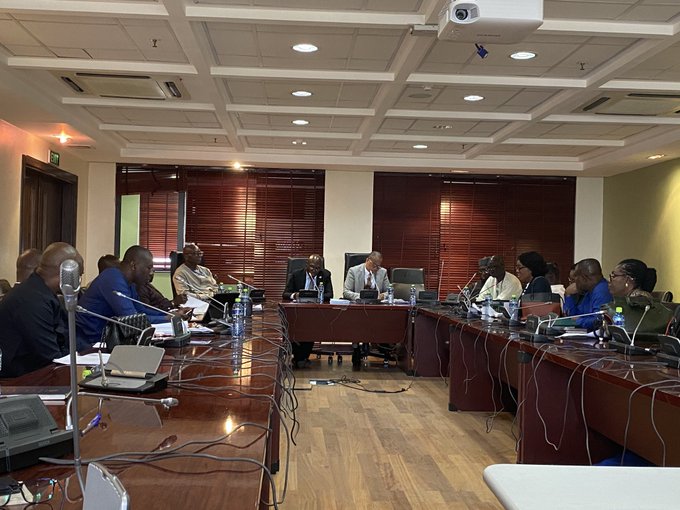
Lawyer and Professor of Accounting, Stephen Kwaku Asare, popularly called Kwaku Azaar, has likened President Nana Akufo-Addo’s Imposition and Restrictions Bill currently before Parliament to Dr Kwame Nkrumah’s Preventive Detention Act of 1958.
Prof Asare argues that the bill, when passed, will give the president power to restrict the rights of Ghanaians enshrined in Article 21 of the constitution.
“With this bill, President Akufo-Addo has the power by Executive Instrument to anytime issue directives he wants whether in cases of emergency or not, it’s similar to the preventive detention act used by Kwame Nkrumah in 1958,” he said.
READ:
Islamic cleric who won award for Ebola medicine suggests another for…
Shocking photo! Medikal registered Fella Makafui’s Benz in his name
Lebron James sued $150,000 for posting his own picture on Facebook
According to the solicitor, the president’s Impositions and Restrictions Bill is unlawful and unconstitutional. He argued that a State of Emergency declaration by the president is what is rather needed.
“What President Akufo-Addo must do is to declare a state of emergency and issue proclamations as cited in article 31 of the 1992 constitution which are then to be presented before parliament for approval. That is the lawful thing to do, the right thing to do,” he said on Adom FM’s Dwaso nsem morning show.
“Governments of countries affected by the virus have declared State of Emergency and issued emergency proclamations, no president of any country affected by the virus has used an Executive Instrument to issue directives in a bid to curb the spread of the disease in their country,” he added.
President Akufo-Addo in a bid to curb fast spread of the novel COVID-19 virus in the country issued some draconian directives and ordered the Attorney General, Gloria Akufo to present the Impositions and Restrictions Bill containing the said directives under a certificate of urgency to parliament.


